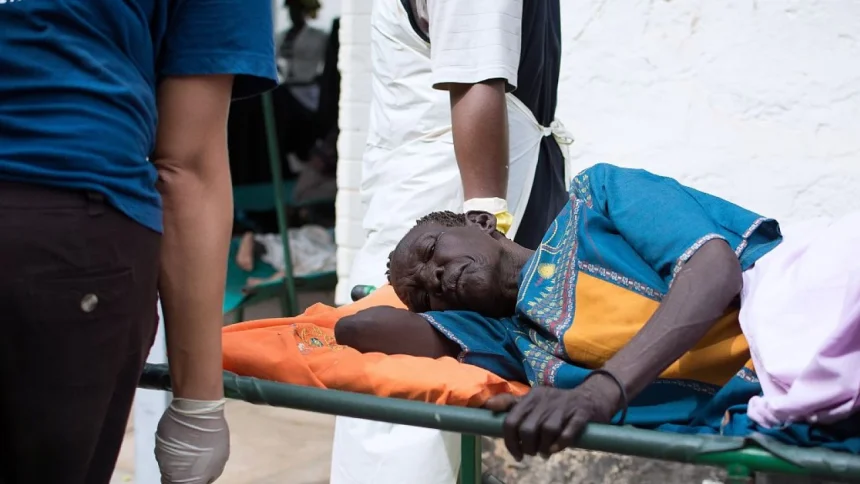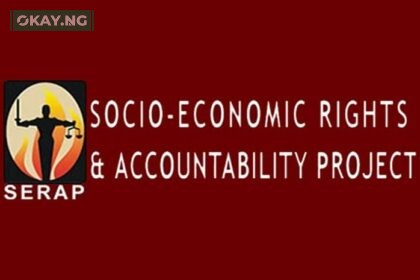A devastating cholera outbreak in South Sudan has taken a grim turn, with patients dying while attempting to reach medical clinics after crucial US aid cuts forced the closure of vital healthcare facilities, according to Médecins Sans Frontières (MSF). This stark reality underscores the perilous consequences of reduced international assistance in regions already grappling with extreme vulnerability.
“We are seeing patients arriving too late, after hours of walking, some dying en route,” stated a recent MSF report, highlighting the direct link between aid reductions and the escalating death toll. This alarming situation paints a vivid picture of the dire circumstances facing South Sudanese communities, where access to essential healthcare has become a life-or-death struggle.
The decision by the United States to significantly reduce aid to South Sudan has had a cascading effect, compelling organizations like MSF to scale back operations. The closure of clinics, previously lifelines for thousands, has left a gaping void in the healthcare infrastructure, particularly in remote and conflict-affected areas.
“The impact of these aid cuts is not just numbers on a spreadsheet; it translates to human lives lost,” I reflect as I consider the gravity of this situation. The reality is that for many, the journey to the nearest operational clinic is an insurmountable obstacle, especially for the most vulnerable – children, the elderly, and those already weakened by malnutrition and other diseases.

Cholera, an acute diarrheal infection caused by ingestion of contaminated food or water, spreads rapidly in environments lacking proper sanitation and clean water sources—conditions all too common in South Sudan. The current outbreak, exacerbated by ongoing conflict and displacement, presents a formidable challenge to an already fragile healthcare system.
The closure of aid-supported clinics has not only limited treatment options but also disrupted crucial preventative measures such as vaccination campaigns and public health education. This creates a dangerous cycle, where the disease spreads unchecked, overwhelming the remaining healthcare resources.
Read Also: US Orders Non-Emergency Personnel Evacuation Amid Escalating South Sudan Security Crisis
The situation in South Sudan is not merely a statistic; it is a human tragedy unfolding in real-time. The stories of patients dying on the long walk to distant clinics serve as a stark reminder of the human cost of reduced humanitarian aid.
“The international community must recognize the urgent need to restore and increase funding to prevent further loss of life,” emphasized MSF in their statement. The organization’s plea underscores the critical role of sustained international support in mitigating the impact of this crisis.
The implications of this situation extend beyond the immediate health crisis. Reduced access to healthcare can lead to long-term consequences, including increased vulnerability to other diseases and a weakened overall health infrastructure.
In conclusion, the South Sudan cholera outbreak serves as a poignant example of how aid cuts can have devastating consequences for vulnerable populations. The urgent need for renewed international support is paramount to preventing further loss of life and mitigating the long-term impact of this humanitarian crisis.













